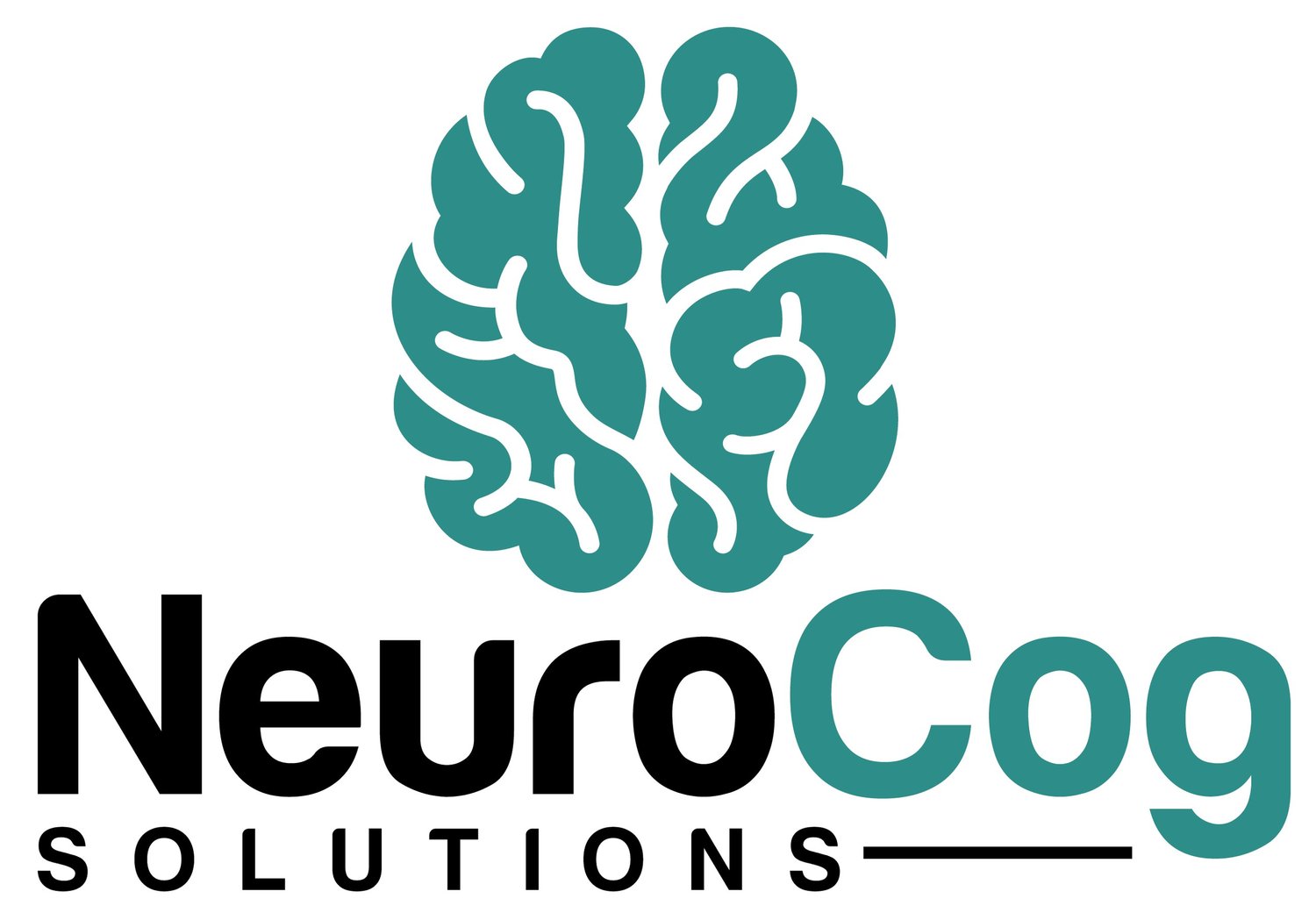
How to find a job in the field of neuropsychology
There are various different jobs in the field of neuropsychology, ranging from bachelor’s and master’s level to doctoral level providers. Neuropsychology services can also be found in various settings such as hospitals, rehabilitation facilities, military and governmental agencies, neurology or primary care practices, private practices, and academic medical settings.
What is neuropsychology?
Neuropsychology is a field that examines brain-behavior relationships. A neuropsychologist has an advanced understanding of the brain and brain disorders which may affect a person’s daily functioning. Neuropsychology services may include testing, evaluation, and treatment.
A neuropsychological evaluation involves different tests to examine thinking, emotions and behavior in the context of various neurological conditions. Each test can tell us about the brain and can help identify a diagnosis.
Following evaluation, counseling or cognitive training may be recommended to help patients cope with their condition and/or work on addressing areas of weakness.
What jobs can I find in the field of neuropsychology?
Clinical Neuropsychologist:
A licensed neuropsychologist has completed a doctoral degree in psychology, pre-doctoral internship, and then two additional years of specialized training in clinical neuropsychology, also known as a postdoctoral fellowship. Some neuropsychologists get board certified which is not required, but if completed demonstrates that they are an expert in the field.
Rehabilitation Psychologist or Counselor (LCSW, LPC):
A psychologist is a provider with a doctoral degree in psychology (Ph.D. or Psy.D.) while a counselor holds a master’s degree (LCSW or LPC). In order to provide clinical services, the providers must be licensed. Some psychologists and counselors choose to specailize in neurological populations, including patients with brain conditions and their family/caregivers. A rehabilitation psychologist can provide neuropsychological evaluations if they have the appropriate specialized training. Rehabilitation psychologists often work in neurorehabilitation facilities and provide a combination of psychotherapy, testing and/or cognitive rehabilitation to individuals recovering from brain injury or disease. Counselors may also provide mental health counseling and/or cognitive rehabilitation, but they cannot conduct neuropsychological evaluations.
Psychometrist:
A psychometrist holds a bachelor’s or master’s degree in psychology or a related field and has the role of administering neuropsychological, psychological, personality, and/or academic tests. They practice under the guidance of a licensed neuropsychologist. Board certification is optional, but signifies the highest level of training. Psychometrists are not psychometricians. Psychometricians are typically Ph.D. level professionals who are experts in test design and statistical analysis.
Medical Interpreter:
Medical Interpreters have specialized training specific to health care and assist with mediating spoken language. In contrast, medical translators focus on translating written language. If a patient is not fluent or proficient in English, a medical interpreter can be used to interpret spoken language during the clinical interview, test adminstration, feedback and treatment sessions. Medical Interpreters should have a certification such as CCHI. For more questions about training, check out these FAQs.
Cognitive Rehabilitation Therapist:
Cognitive rehabilitation aims to strengthen cognitive skills and develop compensatory strategies. Healthcare professionals like speech-language pathologists, occupational therapists, psychologists, neuropsychologists, physical therapists, and vocational therapists who have specialized training in cognitive rehabilitation techniques can provide these services. For more information about specialized traning, check out ACRM.
How do I find a job in neuropsychology?
Finding a job in neuropsychology will depend on your credentials and career goals. If you are unsure about the field, explore the job options above to determine what might interest you. You should also consider the time and cost of training, as some roles require extensive training and education.
If you are in high school or college, you can gain experience by working as a direct care staff or medical technician at a hospital, rehabilitation facility, memory care/dementia care facility, or other similar setting. This will give you exposure to working with patients who are recovering from, or managing, a neurological disease/injury.
While in college, explore the various research labs at the university and ask if you can volunteer to gain research experience.
Whether you are in high school or college, it may be helpful to reach out to someone in the field and ask them questions about their career. Many neuropsychologists are open to sharing their experiences to help students navigate the steps towards a career in neuropsychology. Don’t be afraid to email or give them a call— it can’t hurt to ask.
If you already have a bachelor’s degree, you can explore whether you want to work in a bachelor’s degree level role or whether you want to pursue an advanced degree. Bachelor’s level may include roles as a psychometrist, medical interpreter, case management, or cognitive rehabilitation therapist. To date, you cannot work as a clinical neuropsychologist with a master’s degree, so if you are considering a master’s degree make sure you understand how that degree will help you achieve your career goals. If pursuing a career in research, it may be helpful to get into a Ph.D. program. If you are pursuing a Psy.D., then it may not be necessary (and thus a waste of time and money). Do your research before taking on two additional years of school and debt and ask yourself, is this really necessary?
If interested in an advanced degree and becoming a clinical neuropsychologist, this will require a 5+ year graduate program to acheive a doctoral degree plus two years of postdoctoral training (7+ years total after receiving a bachelor’s degree). Some doctoral programs require a prior master’s degree and others do not. Look for APA accredited programs and heavily consider the the financial implications of completing a graduate degree. You will also need to explore the difference between PhD and PsyD programs to find the right fit for you.
Already trained and licensed? The various settings may make it difficult to choose what’s right for you. Private practice may offer more flexibility, but may also not come with the benefits of a large corporation. The large corporation may offer more administrative support and benefits, but may also require a packed schedule with little time for other roles/tasks. If possible, reach out to colleagues at the location and ask about their experience. During the interview, ask about productivity and adminstrative requirements, typical patient population, and common struggles other staff have had in the practice. Lastly, identify your personal and professional goals and priorities. Do you have young children? Do you need training or support to pursue board certification? Are you looking for upward mobility towards an adminstrative/director role and if so, what is the path to get there? Does the practice use psychometrists, paper protocol or iPad administration? Wherever you interview, be sure to research the practice ahead of time and come prepared with questions.

